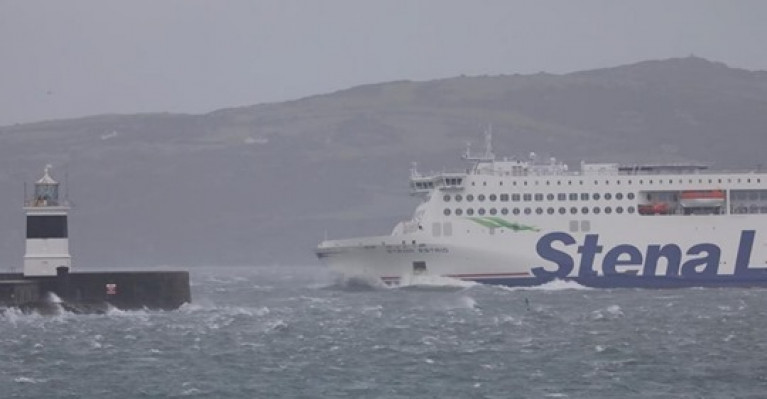On the Irish Sea ferry company Stena Line has told staff they won't be paid their normal sick pay during the Covid-19 pandemic, a union has said.
The Rail and Maritime Transport Union (RMT) said the ferry giant has removed its normal sick pay rules - which entitles workers to full pay when they are off - leaving them only entitled to the statutory minimum of £94.25 per week.
The RMT attacked the move and one worker said it risked staff going to work even if they are feeling ill - potentially increasing the risk of spreading the coronavirus.
The move impacts staff at ports like Holyhead and Liverpool in the UK, Dublin in Ireland and crew on vessels.
North Wales Live reported that a source close to the company said the move was needed to protect the firm's future during the coronavirus crisis.
For more on this ferry development from WalesOnLine click here


























































